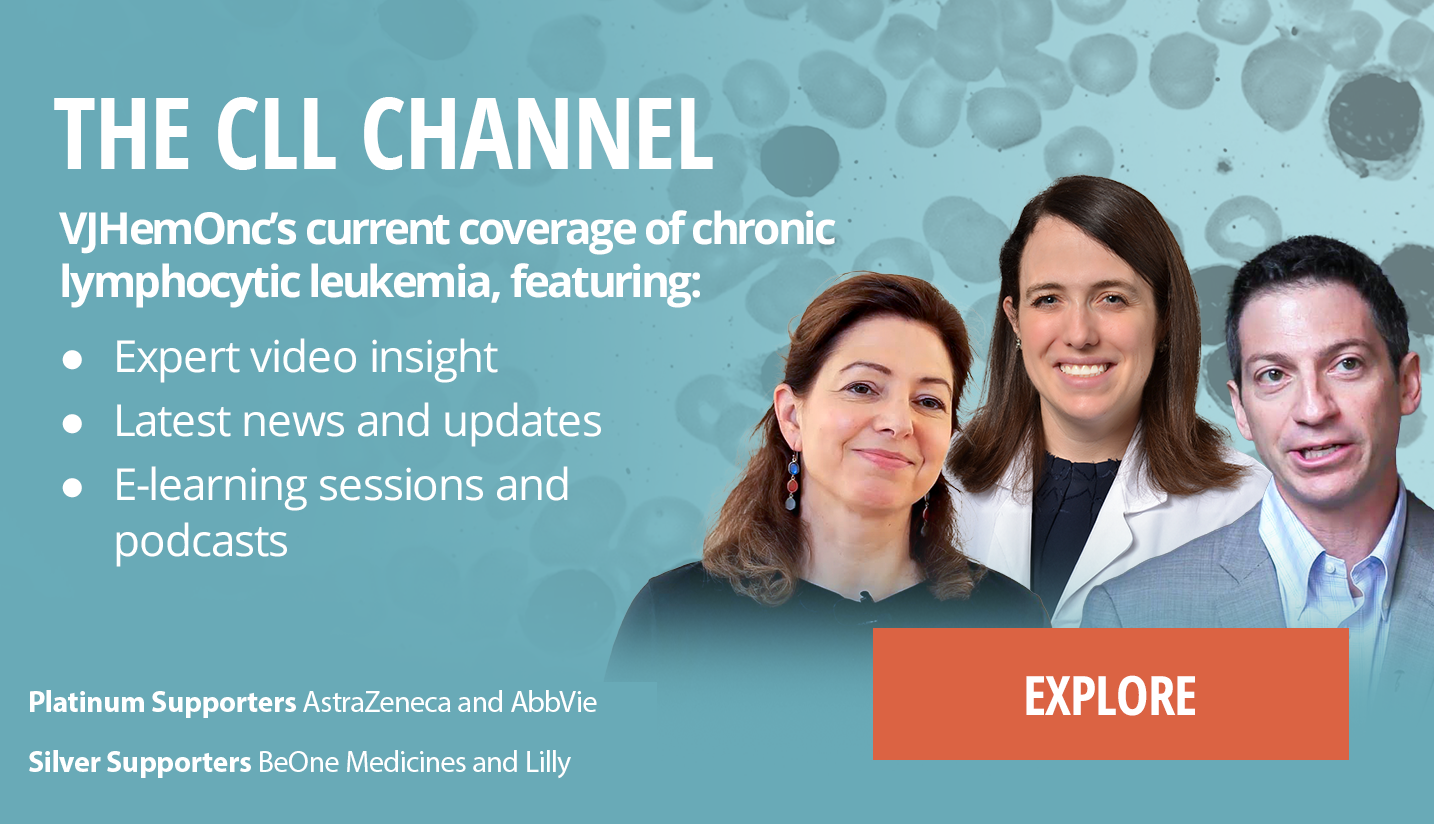Arnon Kater, MD, PhD of the Academic Medical Center, Amsterdam, Netherlands gives an overview of his talk on resistance to new compounds in chronic lymphocytic leukemia (CLL) held at the 2016 International Workshop of the German CLL Study Group (GCLLSG) in Cologne, Germany. Prof. Kater starts by discussing the chemoimmunotherapy combination of fludarabine, cyclophosphamide, rituximab (FCR) and the emergence of new targeted drugs over the last few years. He explains that it is apparent that CLL is not one single genetic disease and that resistance develops to all current treatments eventually. However, it is not clear how to prepare for a patient’s relapse. Prof. Kater then outlines the focus of his talk, which is on how current drugs develop resistance and ways to overcome resistance. One approach may be to use less specific drugs; for example using a broad PI3K inhibitor rather than a PI3K-delta inhibitor. Further, there is a lot of synergy if an inhibitor of mTOR is combined with a DNA-PK inhibitor (i.e. inhibiting the metabolism of the cell and DNA repair). The theory behind this is that combining drugs inhibiting different pathways may be the way to go. Finally, he discusses evidence from in vitro studies on venetoclax, which inhibits BCL2, showing that resistance may develop if it is giving as monotherapy, particularly in the lymph nodes.













